It is an amazing feeling as a leader to know your team is behind you, creating that invisible push of energy to channel every ounce of potential to achieving business performance results when it matters most, even more so during change, challenge, and economic volatility! Achieving your business ‘peak performance’ is critical, and easily justified in prioritising investment in assets such as new technology and equipment.
A key and essential metric when budgeting for business is the ratio between payroll costs and business financial performance. It is an intriguing contradiction, that when developing a business strategy, budgeting for training can become a sacrificial cost and resource option to balance the books.
Skills investment is essential. Just take the example of the evolving pace of technology and its influence on business (AI for instance) and combine this with the growing concern expressed by business leaders, who cite a lack of IT skills in their business as holding back business growth and efficiency advancement.
Measuring the ‘tangible’ outcomes of investing in learning and development and determining the quantifiable benefits to business often influences the level of importance placed on learning and development. This can result in training being seen as a non-essential investment strategy (unless legislative driven), particularly when it comes to less directly quantifiable skills.
Is there really a risk to business if we don’t invest in people’s learning and development? An article written by Costi Karayannis of Capita Learning stated: “There are several hidden costs associated with poor L&D initiatives, and it doesn’t take much for the total figure to skyrocket. If we take Glassdoor’s verdict that the average employer spends roughly £3,000 and 27.5 days to hire a new worker, combined with the 14% increase in attrition rates and labour force figures of 28.3 million, we’ve calculated that poor L&D costs the UK economy around £2.43 billion in rehiring costs”
In a contrasting report conducted by social enterprise Skills Builder Partnership in liaison with the CIPD, KPMG and Edge Foundation, their research found a lack of low-level soft skills building opportunities – which include communication, problem solving and teamwork – is costing £22.2bn a year in the UK.
Maintaining employee engagement is crucial and ripples through to every person, in every role, in every business. There is a continually evolving cultural shift in terms of employee expectations. People seek to be partners in exploring how their personalised learning and development journey can build essential skills that align to current and future role potential. Lateral development is an attractive proposition and the ‘career ladder’ concept appreciated by the ‘Baby Boomer’ generation is an outdated concept for the iGen, Gen Z and Gen Alpha of the new millennium, who are seeking investment in their learning, delivered to suit their personalised needs as an attractive proposition when seeking employment.
There is a fantastic scope of personalisation available to people today that spans from traditional face-to-face courses, some qualification-led through to technology enabled and self-directed learning. An environment where online learning options (eLearning, Virtual ‘tutor led’ sessions, videos, blogs, the use of Augmented learning and Virtual Reality) offer an agile and attractive concept for self-managed learning and opens an exciting world of endless opportunities to innovate the learning experience.
Is there one simple formulae for a business strategy to investing in training? In short, no. Personalisation, relevance, suitability, agility, adaptability is as key to developing your people and learning and development strategy as is setting the budget for that investment – it’s not simply about finance!
Tangible results include reduction in staff attrition, talent capture and progression, productivity, efficiency, quality, customer retention … there are real options to enable measurement of what your investment has yielded in terms of impact on your business.
Albert Einstein said, “We can't solve problems by using the same kind of thinking we used when we created them”, and with skills shortages across all sectors, and the escalating costs cost of recruitment, we should think differently when it comes to investing in learning for our greatest asset, our people in business.
Take a fresh outlook in investing in training and you will have a winning formula to support the achievement of your business strategy and have a happy, motivated, and engaged workforce!
